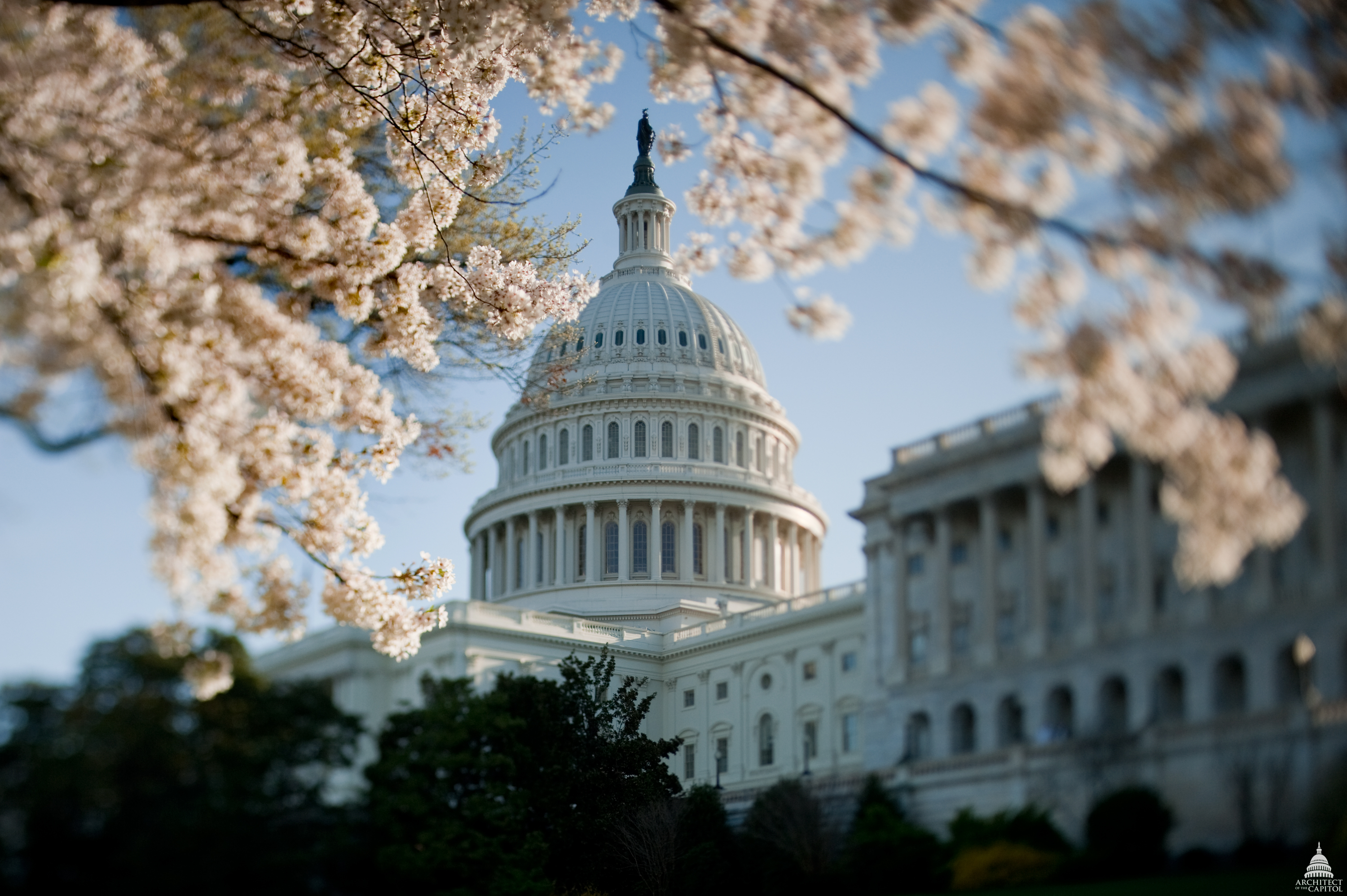Senate Looks at Google Ad Market Dominance
Signals whether its successes and innovations stem from anticompetitive conduct matters

The smarter way to stay on top of the streaming and OTT industry. Sign up below.
You are now subscribed
Your newsletter sign-up was successful
The Senate Judiciary Antitrust Committee weighed into the online advertising market Tuesday (Sept. 15) with an emphasis on the 600 pound gorilla in that space and whether it has exerted its power over anticompetitively, as critics have alleged. The tenor of the hearing was telegraphed in its clever title, which posed its indictment in the form of a question: "Stacking the tech: Has Google harmed competition in online advertising?"
The answer, Committee Chairman Mike Lee (R-Utah) said, "matters."
Don Harrison, president of global partnerships and corporate development, for Google was on the hot seat, but showed up to take the punishment as one of the key witnesses.
Related: Big Tech Faces Hearing Buzz Saw
Lee worked with ranking member Amy Klobuchar (D-Minn.) on setting up the bipartisan hearing.
Lee said the issue is whether Google is a monopolist whose conduct in the online ad market has harmed competition and consumers. But he also said more broadly the hearing was about the larger public debate about antitrust policy. He said markets, like governments, don't keep themselves free and that liberty is only secure when power is diffused. He warned against "fetishizing" freedom to the exclusion of that security.
But on the other side of the spectrum, he argued as strongly against transforming antitrust laws into a panacea cure for labor, income and racial disparities, based on the myopic view that big is bad. He said there would be scores of unintended consequences of repurposing antitrust into a social reform tool.
The smarter way to stay on top of the streaming and OTT industry. Sign up below.
Lee said he was for vigorous enforcement of antitrust laws, which serve to diffuse power.
He said that in contrast to the Democrat-controlled House's Big Tech hearings, he was not out to turn the hearing into a spectacle to attack or condescend to or talk over witnesses. He said the hearing was about the state of competition in digital markets, specifically the complicated online ad market, which has facilitated an explosion of content.
Lee said the issue was that the online ad growth and expansion was primarily on one platform, Google. He said what has also expanded are complaints that Google has conflicts of interest and has rigged online ad tech to favor its own interests and protect market share. Less said whether that was true or not matters. He said if the marketplace has been manipulated, everyone loses.
Klobuchar said they were not holding the hearing because Google was successful or because it was big. She said it was because even big and successful and innovative companies are subject to antitrust laws. "The law can't be blinded by Google's innovation and past successes if the company, in its zeal for financial success, crosses the line into anticompetitive behavior."
Klobuchar pointed out that while the pandemic has led to smaller companies closing their doors, the largest tech firms continue to thrive. "We have to start looking at whether the laws match that situation, even if the original intent of Big Tech when they were still small tech was to be innovative. At one point have you crossed the line into squelching competition," she said.
She pointed out that Google controls the services on both sides of the ad tech "stack," the publishing and advertising side, taking by some estimates up to 70% of the ad dollar for its services, "depriving publishers [news and other content producers] of that revenue."
When he had the floor, Harrison billed the company as building tools to help businesses of all sizes grow, including small firms. He said ad tech--helping with the ad buy and sell side on other websites and mobile apps--was only a small fraction of its revenue and that the majority of that was shared with publishers.
Harrison argued that the ad tech space was crowded and competitive and it competed with a host of other large companies, including Oracle, Comcast, Facebook, AT&T and Verizon.
Contributing editor John Eggerton has been an editor and/or writer on media regulation, legislation and policy for over four decades, including covering the FCC, FTC, Congress, the major media trade associations, and the federal courts. In addition to Multichannel News and Broadcasting + Cable, his work has appeared in Radio World, TV Technology, TV Fax, This Week in Consumer Electronics, Variety and the Encyclopedia Britannica.

